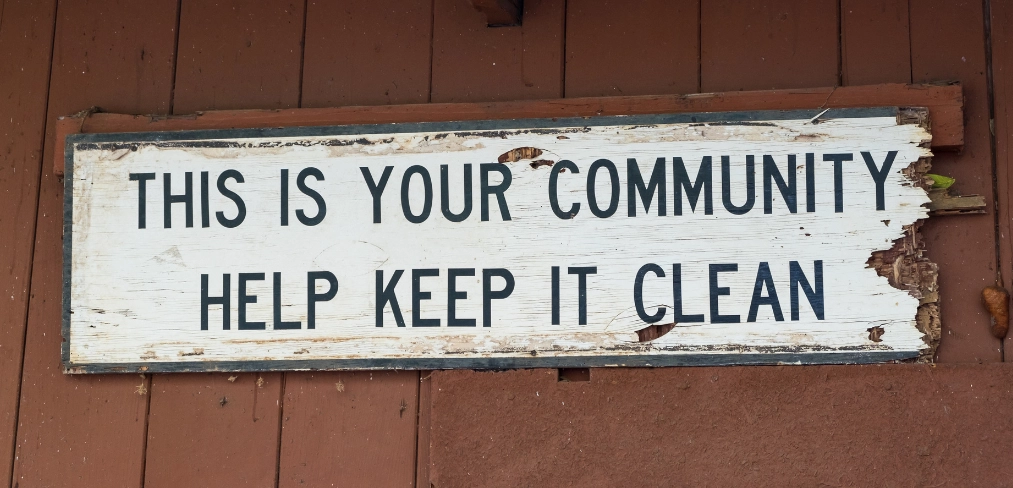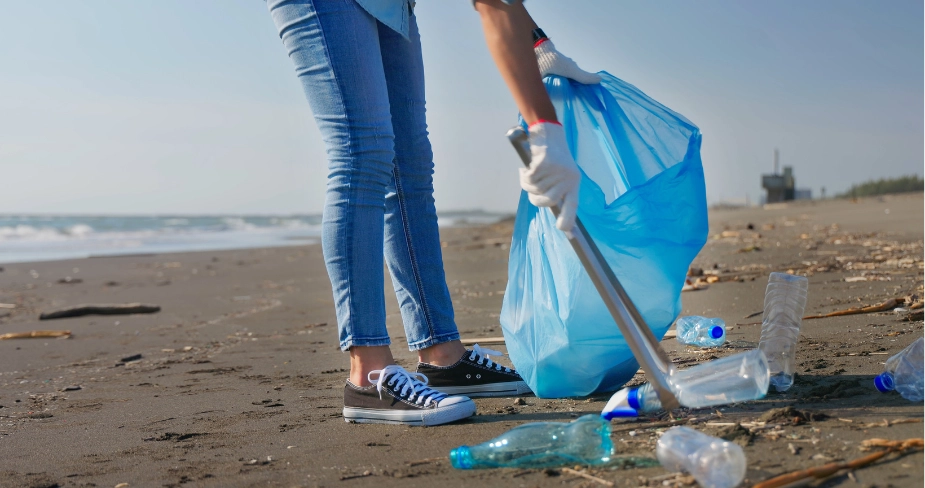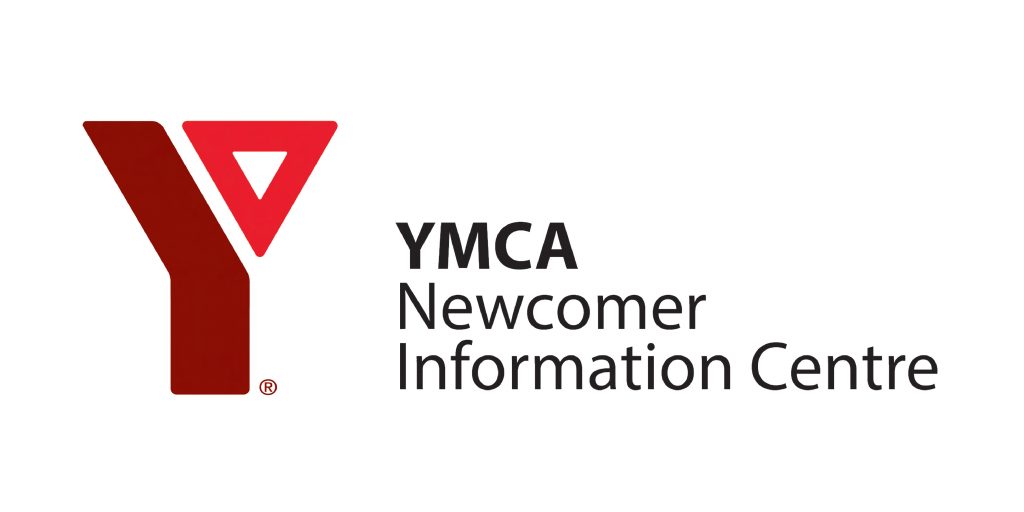Canadian Social Norms: Sorting Your Waste in Canada
When you first move to Canada, one of the things you might notice is how seriously people take sorting their waste. Whether you’re in a metropolitan city like Toronto, Vancouver, or Calgary, or even in a smaller town, you will see that trash, recycling, and organic waste all go in different bins.
It can feel a bit overwhelming or confusing at first, especially if you’re used to a different waste management system back home. But learning to sort your waste correctly is very important and is a big part of settling in and making Canada feel like home.
Why does it matter?

By sorting waste correctly, you’re making a contribution to:
- Protect the environment.
- Keep your communities and neighborhood clean.
- Support climate action.
- Teach future generations good environmental habits.
As newcomers, following this practice also shows your respect for Canadian laws and community values.
What are the waste categories?

Most cities in Canada use a three-bin system. Every household should have the following bins:
- Blue Bin (Recycling): For items like paper, cardboard, plastic bottles, cans, and glass jars.
- Starting January 1st, 2026, Toronto’s recycling program will be managed by a new recycling service provider. This means that more items can be placed in the recycling bins.
- For more information on what can be recycled starting in 2026, please visit this link.
- Green Bin (Organics/Compost): For food scraps, coffee grounds, and yard waste.
- Black Bin (Garbage): For items that can’t be recycled or composted, such as broken ceramics, plastic wraps, or certain packaging.
However, here are two additional categories that do not belong in the Garbage Bin and need to be dropped off at the drop-off depot or during the annual Community Environment Day event:
- Household Hazardous Waste: For cosmetics, chemical-based products for cleaning or automotive use, paint, and batteries.
- Electronic Waste: For electronics like TVs, monitors, laptops, or cell phones, speakers.
Waste sorting rules can differ from one city to another. The best tip is to go to your city’s website and use their “waste lookup tool” to see which bin the item belongs in.
Common mistakes to avoid
- Recyclable containers should be rinsed before going into the blue bin to prevent contamination.
- It is recommended to flatten all cardboard boxes before placing them in the recycling bin to maximize space and prevent large, unflattened boxes from jamming the sorting machinery.
- Food-soiled paper plates, greasy cardboard pizza boxes, and food-soiled napkins should be placed in the green bin or black bin. Not the blue bin.
- Coffee cups, plastic bags, Styrofoam, and packaging labelled as compostable or biodegradable often cause confusion. Please check your city’s guidelines for proper waste sorting.
What happens if I don’t sort properly?
- Some cities will issue warnings or even fines for repeated misuse of bins.
- Contaminated recycling can cause the entire truckloads to be sent to the landfill.
- Waste collection workers may leave your bins uncollected if you don’t follow sorting rules.
Practical Tips for Newcomers
- Keep a small compost bin in your kitchen for food scraps.
- Print or save your city’s waste guide and stick it on your fridge.
- Download your city’s waste app to get reminders for collection days.
- Make it a habit to properly sort your waste in public places, such as parks, libraries, schools, and malls. Keeping our sidewalks and public areas clean is a way to show respect to the environment and to one another.
Want to be more involved in your community?

- If you live in a condo or apartment in Toronto, apply to be a 3Rs Ambassador Volunteer.
- Participate in or organize a group community clean-up to keep your neighbourhood or outdoor public spaces clean. Click here to learn more about community cleanup.
- Learn about the Zero Waste Lifestyle here.
So, let’s show our care for the community and the environment by practicing proper waste sorting. This small decision makes a big impact on keeping our neighborhood clean and contributing to a healthier, greener future for everyone.
Resources:
- Toronto Waste Management – https://www.toronto.ca/services-payments/recycling-organics-garbage/waste-wizard/
- Durham Region Waste Management – https://www.durham.ca/en/living-here/know-before-you-throw.aspx
- Peel Region Waste Management – https://www.peelregion.ca/waste/
- Circular Materials – https://www.circularmaterials.ca/recycle/
Are you new to Canada? The YMCA Newcomer Information Centre is a welcoming place for newcomers in Toronto and Ontario to get trusted and reliable settlement information.






